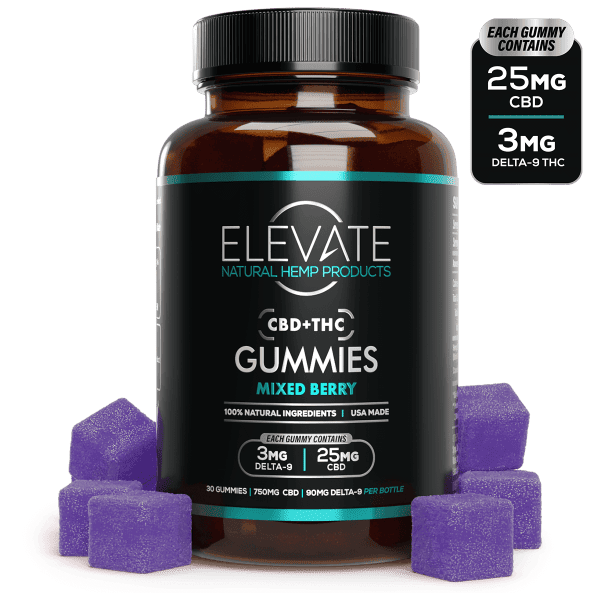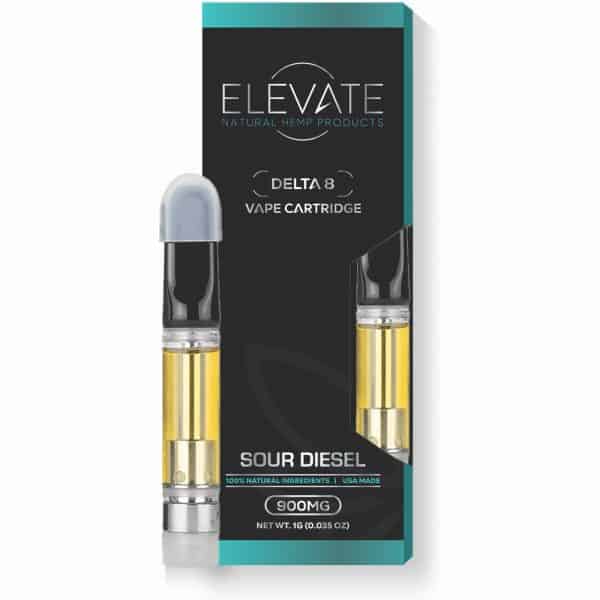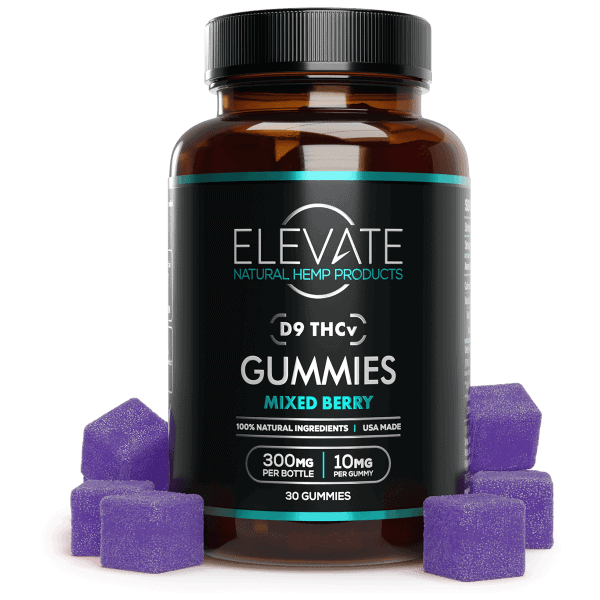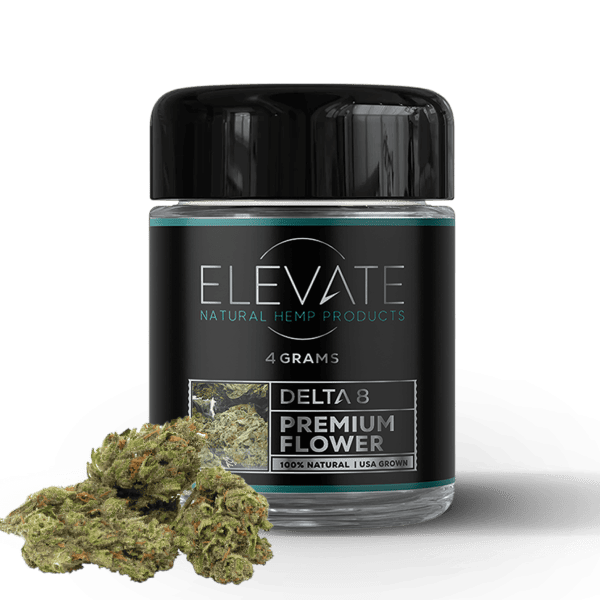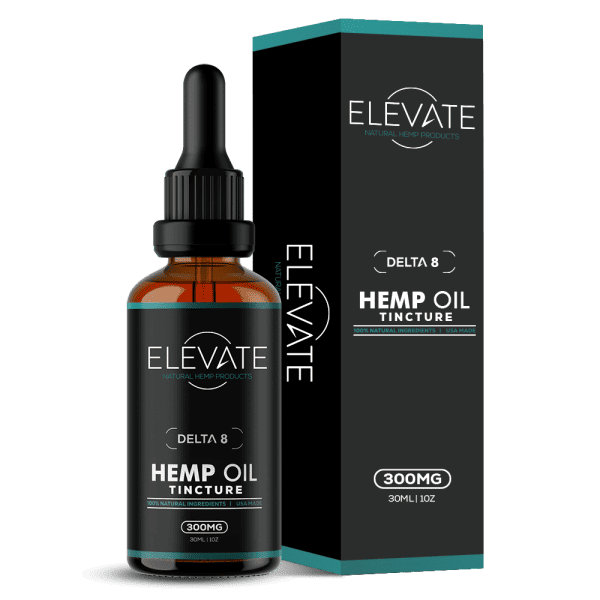
HHC vs. THC-O
As the cannabis industry continues to innovate and expand, enthusiasts and newcomers alike are presented with an array of compounds, each offering unique experiences and benefits. Today, we’re focusing on Hexahydrocannabinol (HHC) and comparing it to the potent THC-O, shedding light on their distinct characteristics, effects, and why they might be worth your attention.
Whether you’re seeking a new kind of euphoria, pain relief, or simply curious about what lies beyond the well-trodden path of THC and CBD, this blog is your guide to understanding the complex, intriguing world of HHC and THC-O.
What is HHC?
HHC, or Hexahydrocannabinol, is a newcomer on the block of cannabinoids that’s been capturing the attention of cannabis enthusiasts and researchers alike. Unlike its more famous relatives, THC and CBD, HHC is not directly derived from the cannabis plant. Instead, it’s a hydrogenated form of THC, similar in the way margarine is made from vegetable oil. This slight molecular tweak makes HHC stand out in the cannabinoid family for several reasons, including its legal status in areas where traditional THC products might still be under tight restrictions.
How is HHC Made?
The production of HHC is a bit like a science experiment that you might not have paid attention to in high school chemistry class. It starts with THC, which undergoes a process called hydrogenation. In this process, hydrogen molecules are added to THC’s chemical structure under high pressure and in the presence of a catalyst, typically a metal like palladium or nickel.
This doesn’t just slightly alter THC’s molecular makeup; it fundamentally changes its pharmacological properties. The result is HHC, a compound that’s more stable and resistant to oxidation and UV light, meaning it has a longer shelf life than THC. This stability is a significant advantage for manufacturers and consumers looking for a more durable product.
Effects of HHC Cannabinoid
When it comes to the effects of HHC, users report a range of experiences that bear a resemblance to those of traditional THC, but with a few twists. Much like THC, HHC interacts with the body’s endocannabinoid system, but not in the exact same way. Users often report feelings of euphoria, relaxation, and altered perception, which are characteristic of THC. However, HHC is also noted for its slightly more pronounced analgesic, or pain-relieving, properties.
An interesting aspect of HHC is its potency, which seems to sit somewhere between Delta-8 and Delta-9 THC. This makes it a fascinating option for those who find Delta-9 THC too intense or are looking for something stronger than Delta-8. Its legal status, derived from hemp and not directly from marijuana, adds to its appeal, making it accessible in many places where THC is still banned.
However, it’s important to approach HHC with the same caution as any other cannabinoid. The effects can vary widely depending on the individual, dosage, and method of consumption. As with any cannabis product, starting low and going slow is wise until you understand how HHC affects you personally.
What is THC-O?
THC-O, or THC-O acetate, is often described as the “psychedelic” cousin of THC, the most well-known psychoactive component of cannabis. This intriguing compound has been making waves in the cannabinoid community for its unique properties and potent effects. Unlike the more familiar THC, THC-O is not a naturally occurring cannabinoid in the cannabis plant. Instead, it’s a synthetic derivative that’s created through a series of chemical reactions, which might sound a bit intimidating at first. But don’t worry, we’re here to break it down for you in a way that’s easy to digest and understand.
How is THC-O Made?
The creation of THC-O acetate is a process that would pique the interest of any chemistry enthusiast. It begins with the extraction of THC from cannabis plants, which is then subjected to a reaction with acetic anhydride. This chemical is pretty powerful and not something you’d find in your everyday kitchen.
The reaction essentially adds an acetate group to the THC molecule, transforming it into THC-O acetate. This chemical process not only alters the molecular structure of THC but also its potency and the way it interacts with the body. It’s a complex procedure that requires expertise and precise conditions, which means it’s not something to try at home.
Effects of THC-O Cannabinoid
Now, let’s talk about the effects of THC-O, which is where things really get interesting. THC-O is known for its potent psychoactive effects, which are significantly stronger than those of traditional THC. Users often describe the experience as more spiritual or psychedelic, with a depth of introspection and altered perception that goes beyond what you might expect from cannabis. This has led to THC-O being dubbed “the psychedelic cannabinoid,” a title that certainly captures the imagination.
The onset of THC-O’s effects can be slower than other cannabinoids, sometimes taking up to an hour to fully manifest. However, when they do, users report a range of experiences from profound euphoria and visual enhancements to deep philosophical insights and a heightened sense of connectivity with the universe. It’s this intensity and depth of experience that sets THC-O apart from its synthetic cannabinoid cousins.
Despite its potency, THC-O also shares some of the therapeutic benefits associated with cannabis, such as pain relief, anti-nausea effects, and appetite stimulation. However, due to its strength, it’s crucial for users to approach THC-O with caution, especially those new to cannabis or with lower tolerance levels.
Comparing THC-O to other cannabinoids, it’s clear that it occupies a unique space within the spectrum of cannabis experiences. Its synthetic nature and potent effects make it a subject of curiosity and caution within the cannabis community. As with any potent substance, the key to a positive experience with THC-O lies in responsible use, starting with low doses and gradually working your way up as you become familiar with this hemp plant and its effects.
Is HHC Stronger Than THC-O?
To cut to the chase, HHC is generally not considered stronger than THC-O. While both cannabinoids are derivatives of THC, THC-O is known for its heightened potency, often cited as being several times stronger than Delta-9 THC, the primary psychoactive component in cannabis. HHC, on the other hand, offers a more moderate experience. It’s closer in strength to Delta-9 THC, sometimes slightly less potent, depending on its molecular configuration and the user’s tolerance.
THC-O’s potency is largely due to its chemical structure, which allows it to cross the blood-brain barrier more efficiently once it’s metabolized by the body. This efficiency leads to more intense psychoactive effects. Users often report a more profound, sometimes psychedelic experience with THC-O compared to the more familiar and milder euphoria associated with HHC.
What’s the Difference Between HHC and THC-O?
The primary difference between HHC and THC-O lies in their chemical structures and the way they’re produced. HHC is a hydrogenated form of THC, created by adding hydrogen molecules to THC’s structure, which alters its physical and chemical properties, increasing its stability and shelf-life. THC-O, however, is an acetate ester of THC, produced through a chemical reaction that introduces an acetic anhydride into THC, significantly amplifying its potency.
These structural differences not only affect their strength but also their legality, stability, and how they interact with the body’s endocannabinoid system. HHC is noted for its legal gray area in many regions due to its hemp derivation and the absence of THC in its final form, making it more accessible. THC-O’s legal status is more precarious, often categorized alongside other synthetic cannabinoids, which can limit its availability.
HHC vs. THC-O Potency
When discussing the potency of HHC versus THC-O, it’s essential to consider not just the psychoactive intensity but also the effects each cannabinoid can have on the body and mind. THC-O’s enhanced potency means that its effects can be more profound and longer-lasting, with users reporting deeply introspective and sometimes visionary experiences. Its potent nature makes dosage particularly important, with a strong emphasis on starting low and going slow, especially for those new to THC-O.
HHC, while offering a more subdued experience relative to THC-O, still provides a significant psychoactive effect, with the added benefit of being less likely to induce anxiety or discomfort in those with lower tolerance levels. Its effects are often described as a middle ground between Delta-8 and Delta-9 THC, offering a balanced experience that combines euphoria, relaxation, and pain relief without the overwhelming intensity associated with stronger cannabinoids.
How to Consume HHC and THC-O
Starting with HHC (Hexahydrocannabinol), this cannabinoid is known for its similarity to THC but with a legal status that makes it more accessible in many places. HHC can be consumed in several ways, including vaping, tinctures, edibles, and more. Vaping HHC offers a quick onset of effects, while edibles provide a longer-lasting experience but take longer to kick in. The choice depends on your preference for convenience, duration, and intensity of effects.
THC-O, on the other hand, is a bit of a different beast. Its potency is something to be mindful of. THC-O is also available in vape cartridges, tinctures, and edibles. Due to its strength, starting with a very low dose, especially if you’re new to THC-O, is crucial. The effects can be delayed, particularly with edibles, so patience is key.
Legality of HHC & THC-O
The legality of both HHC and THC-O exists in a bit of a gray area, largely due to the ever-changing landscape of cannabis laws and the nuances of the 2018 Farm Bill in the United States. Generally, HHC and THC-O are considered legal at the federal level since they can be derived from hemp, which is federally legal under the Farm Bill. However, state laws can vary greatly, so it’s essential to check the specific regulations in your area.
Is HHC or THC-O Better?
Asking whether HHC or THC-O is better is like asking if chocolate or vanilla is the superior ice cream flavor—it really comes down to personal preference and what you’re looking to get out of your cannabinoid experience.
HHC offers a more familiar, THC-like high, with the added bonus of cannabis products being more legally accessible and having a longer shelf life. It’s a great option for those looking for something close to traditional cannabis experiences without stepping too far outside legal boundaries.
THC-O, with its potent, almost psychedelic effects, is for the more adventurous souls or those seeking profound introspective experiences. It’s also worth considering for individuals with higher tolerance levels looking for something more potent than what they’re used to.
Related Posts
Live Resin Carts vs Normal Carts
Are you curious about the buzz surrounding live resin carts and how they compare to traditional vape cartridges? Live resin carts have surged in popularity …
Does THCa Get You High?
Curious about THCa and its effects? You’re not alone. As cannabis research expands, more light is shed on the lesser-known compounds in the plant. THCa, …






